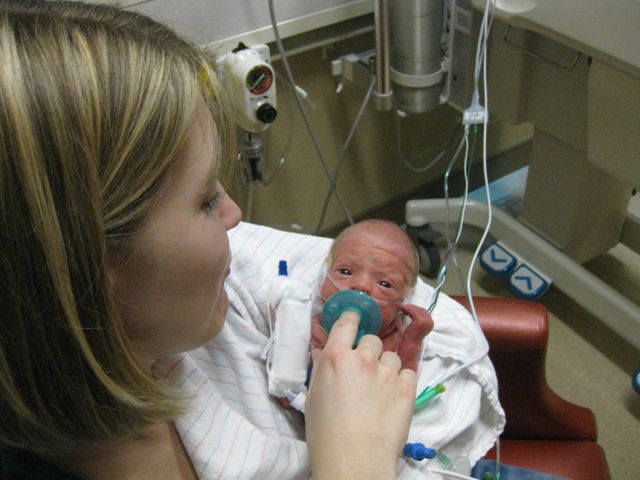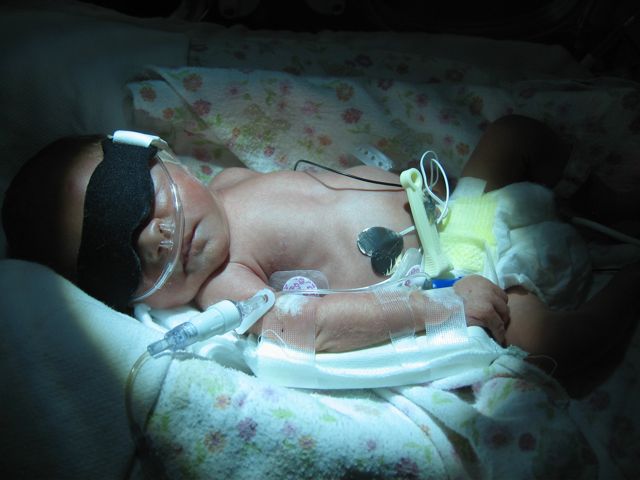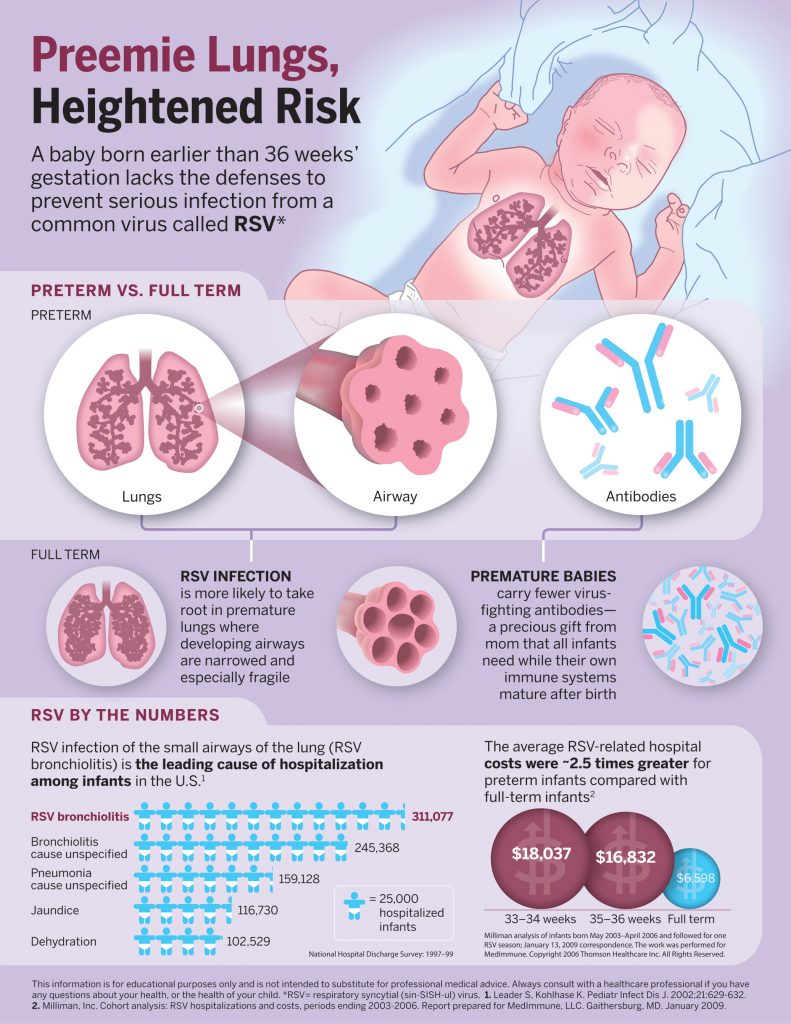Nothing can fully prepare you for the possibility and inevitability of having a child prematurely. If you’re having a normal, uneventful, low-risk pregnancy you probably don’t even know much about preterm labor and delivery. Even those that are at high risk often don’t discuss preterm birth and any subsequent complications with their provider. The March of Dimes is hoping to change this on November 17 with World Prematurity Awareness Day.

With Cakes I was healthy and low-risk and the thought of preterm labor never crossed my mind. I was having a dream pregnancy with zero complications right up until the moment things weren’t so easy and got a whole lot more complicated. I had an unexplained placental abruption and despite my doctor’s best efforts to prolong my pregnancy, I delivered Cakes at 31 weeks. Cakes spent 40 long days in the Neonatal Intensive Care Unit (NICU) and even after coming home was still at risk of landing back in the hospital again due to any number of things but our primary concern was Respiratory Syncytial Virus (RSV).
Even with recent declines in prematurity rates, 1,400 babies are born prematurely in the Unites States every day, and 13 million babies are affected by prematurity around the world. Premature babies are those that are born before 37 completed weeks of gestation and this stalls a baby’s continued development in the womb, and possibly stunts the growth of some critical organs. From the time they’re born, preemies often have trouble breathing, feeding, and maintaining body temperature. Every extra day makes a difference in a baby’s physical development and development of their immune system. Even if you’re fortunate to ensure your baby gets steroids before delivery (and I was), a premature baby’s lungs are still prematurity and susceptible to viruses and infections which lead to respiratory issues.

Whereas nearly every baby contracts RSV by age two, in full-term babies symptoms are not nearly as serious and are more similar to the common cold. These parents might not even realize their child has the virus. Babies that are premature are at an increased risk for RSV and more serious symptoms which often result in hospitalization because of their underdeveloped lungs. In many cases, premature infants are eligible to receive Synagis shots through their first RSV season to help protect them. Parents should consult with their doctor to find out their child’s risk of developing RSV and for suggestions on prevention this winter.

RSV Quick Facts:
- RSV is the leading cause of infant hospitalization, responsible for more than 125,000 hospitalizations and up to 500 infant deaths each year.
- RSV occurs in epidemics each fall through spring. The CDC has defined “RSV season” as beginning in November and lasting through March for most parts of North America.
- Certain regions have longer RSV seasons than others, with the season beginning as early as July (e.g., Florida) or ending in April.
- Despite its prevalence, one-third of mothers have never heard of RSV.
Be Aware of Symptoms:
Contact your child’s pediatrician immediately if your child exhibits one or more of the following:
- Persistent coughing or wheezing
- Rapid, difficult, or gasping breaths
- Blue color on the lips, mouth, or under the fingernails
- High fever
- Extreme fatigue
- Difficulty feeding

Prevention is Key:
There is no treatment for RSV, so it’s important for parents to take the following preventive steps to help protect their children:
- Wash hands, toys, bedding, and play areas frequently
- Ensure you, your family, and any visitors in your home wash their hands or use hand sanitizer
- Avoid large crowds and people who may be sick
- Never let anyone smoke near your baby
- Speak with your child’s doctor if you believe he or she may be at high risk for RSV, as a preventive therapy may be available
RSV seasons varies based on your location, consult www.rsvprotection.com to learn the months your area is at the highest risk and to learn more about RSV.
I wrote this review while participating in a blog tour by Mom Central Consulting on behalf of MedImmune and received a promotional item to thank me for taking the time to participate.

Penelope
Tuesday 22nd of November 2011
Ooh, your poor little baby…so teeny :( I'm so happy Cakes is now thriving and happy…what a scare it would be for a mom to go through.
Crystal @ Simply Being Mommy
Monday 21st of November 2011
Oh my goodness, look how little Cakes was. I'm so glad everything turned out okay with Baby Cakes.
Sharon
Thursday 17th of November 2011
I am so glad your story turned out well.
Twingle Mommy
Thursday 17th of November 2011
It's hard for me to remember how tiny my twins were when they were born. I was looking through their pictures today and it feels like a lifetime ago. I'm so glad you're NICU story had a happy ending like mine.
ohkeeka [The Type A Housewife]
Thursday 17th of November 2011
I am so glad that Cakes is happy & healthy now. I honestly had never heard of RSV until reading this post--this is really good information.